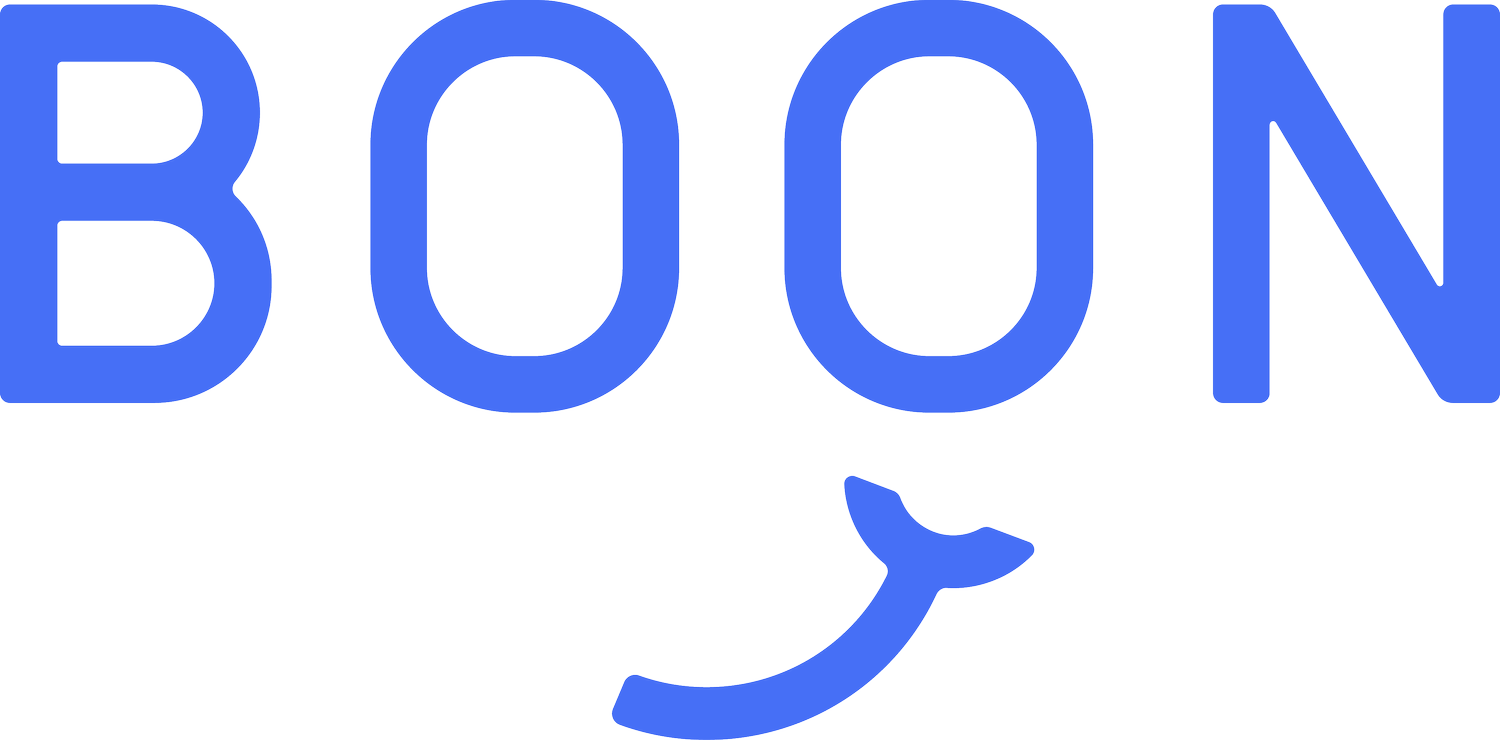How to Create a More Resilient Workforce
Cator Sparks
One word we keep hearing since the start of the pandemic last year is ‘Resilience’. There is so much resilience happening currently, from politics, pandemic awareness, job transitions to family gatherings. The world is working on adjusting to so much change.
Hold please, what exactly is Resilience?
The process of adapting well in the face of adversity, trauma, tragedy, threats, or significant sources of stress. To bounce back.
Why is it important?
Dealing with loss is an inescapable part of life. So if we don’t bounce back from trauma, misfortune or change, that leaves us in a pretty tough spot. Resilience gives us the strength to deal with stress and suffering and rebuild our lives instead of wallowing in the ‘what’s next’ and ‘why me?’.
Where does resilience resonate in your life? Some moments it can be of us include:
Being okay with not hearing back from a prospective client or friend.
Choosing to not engage in an argument with a friend, partner or family member.
Processing grief in a healthy way.
It can simply be going to bed, to wake up to a fresh, resilient, start. So how do you and your workforce become more resilient? Here are five quick and easy tips to focus on:
Self-love. When you are feeling low, light a candle, turn on some of your favorite music, and just focus on what is good in life. The simple saying, ‘For now, I am ok’, can be powerful.
Talk it out. When we experience trauma, tragedy, setbacks, lean into my friends, family, mentors and coaches who you can count on. Just being heard can help.
Embracing the now. Being present is vital on so many levels. It rarely benefits us to live in the ‘what if’ and ‘if only’.
Staying positive. Not a fake, ‘everything is fine’ attitude, rather, being grateful for what you have at that moment. Knowing that this trauma/tragedy has occurred as a lesson to grow from. Being fired from a job, getting dumped, or failing a test stinks, but looking back, what we learned from those experiences is invaluable.
Rest and diet. Sounds pretty basic but when you think about how dire the world seems when we are exhausted it makes sense. And there is a reason they call it ‘Hangry’ when we don’t eat properly.
Where does resilience fit in at Boon Health?
We understand that return on investment (ROI) is critical. At Boon, we believe that resilience is the best predictor of a happy, full life. A growing body of research supports a high correlation between levels of resilience in employees and increased productivity, engagement, and well-being in the workplace. In addition, for those with existing mental health conditions, increased resiliency can improve coping abilities (Mayo Clinic, 2020). In light of this research and practice, Boon has chosen the measure of resilience as our main metric for success and ROI for clients.
Boon leverages the Connor-Davidson Resilience Scale (CD-RISC-10) to track the resiliency of clients over time. The CD-RISC-10 is one of the most widely accepted academic resilience surveys available. Clients complete the CD-RISC-10 before their first coaching session through the Boon Welcome Survey, and again every six sessions. Our coaches use a combination of tools from previous training, paired with the resources on the Boon coaching platform, to guide our clients on their path to becoming more resilient and capable of handling life's challenges with a sense of fortitude and calm.
Adversity, stress, and negative emotions are unavoidable but, if approached with resiliency, those challenges can not only be overcome but can also transform into significant growth opportunities. Just like any muscle, with practice, a person's tendency for resiliency can be strengthened and contribute to a life-long growth mindset and a healthier mind and body.
Results to-date: After just six coaching sessions, we are seeing a 20% increase in resilience score from our clients which can be linked to improved work performance, higher levels of motivation and effort at work, job satisfaction and happiness, greater commitment to employers, and openness to organizational change.
Interested in learning more about the way we track resilience and measure return on investment for our customers?
